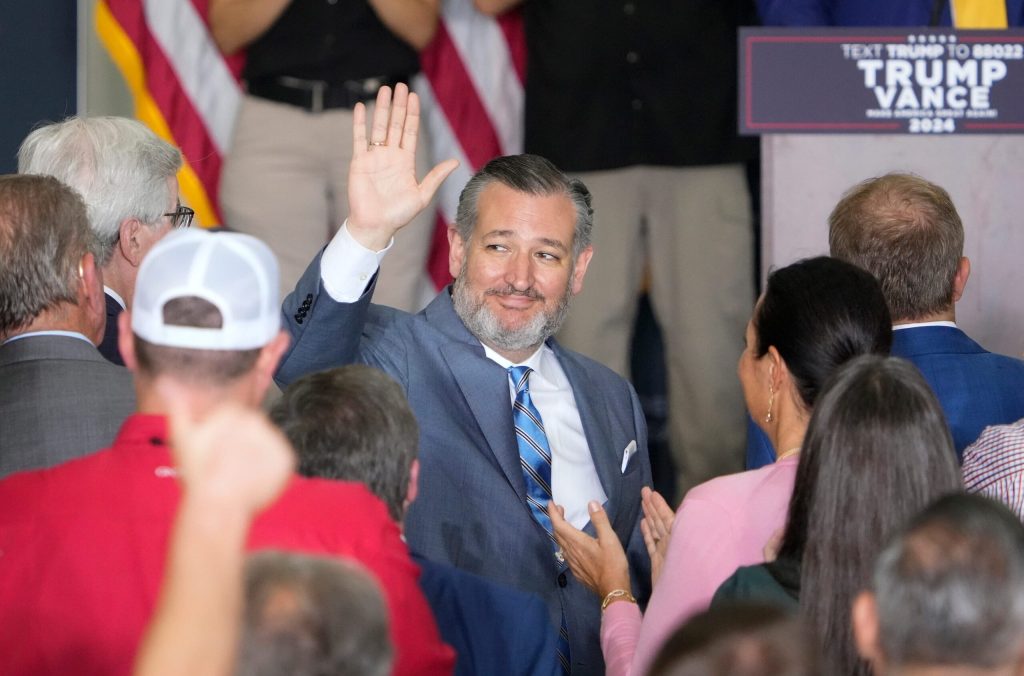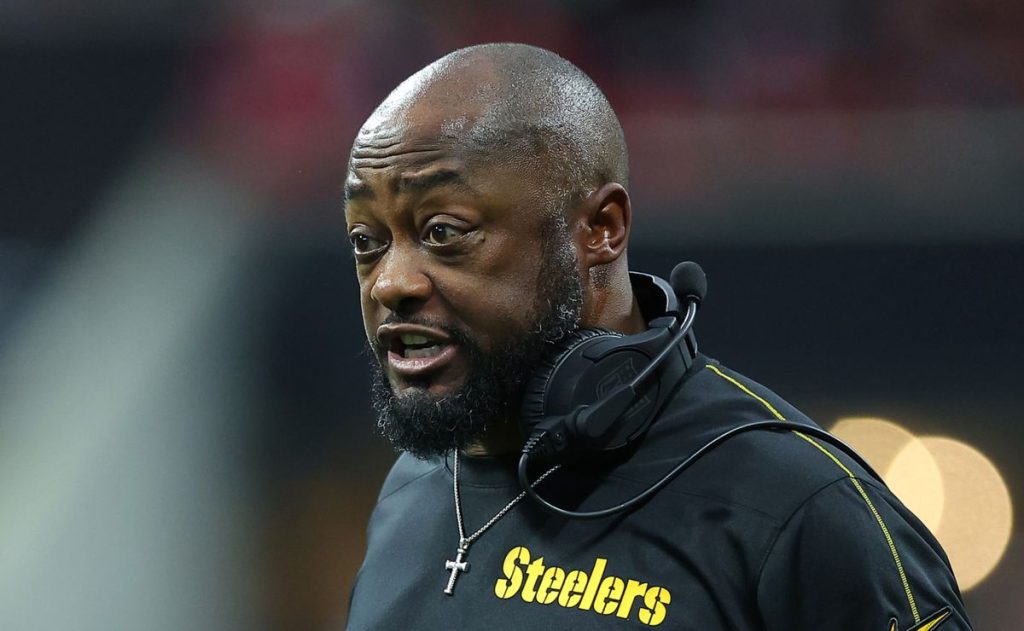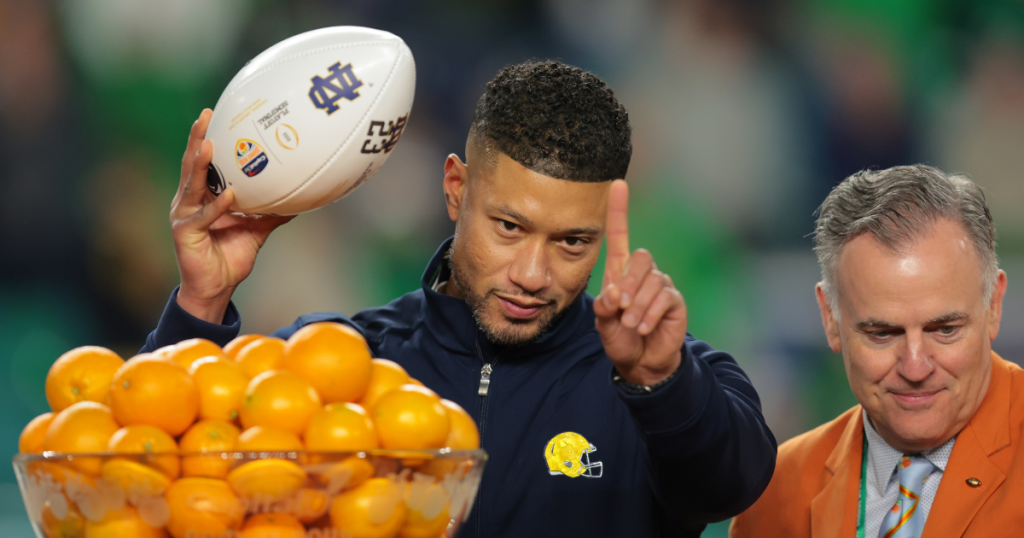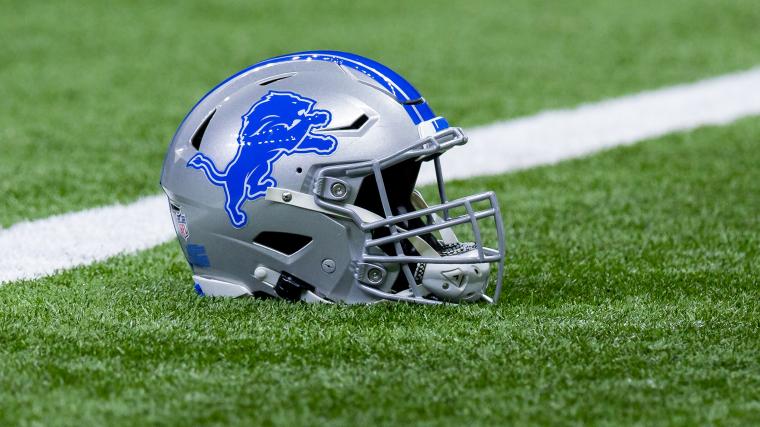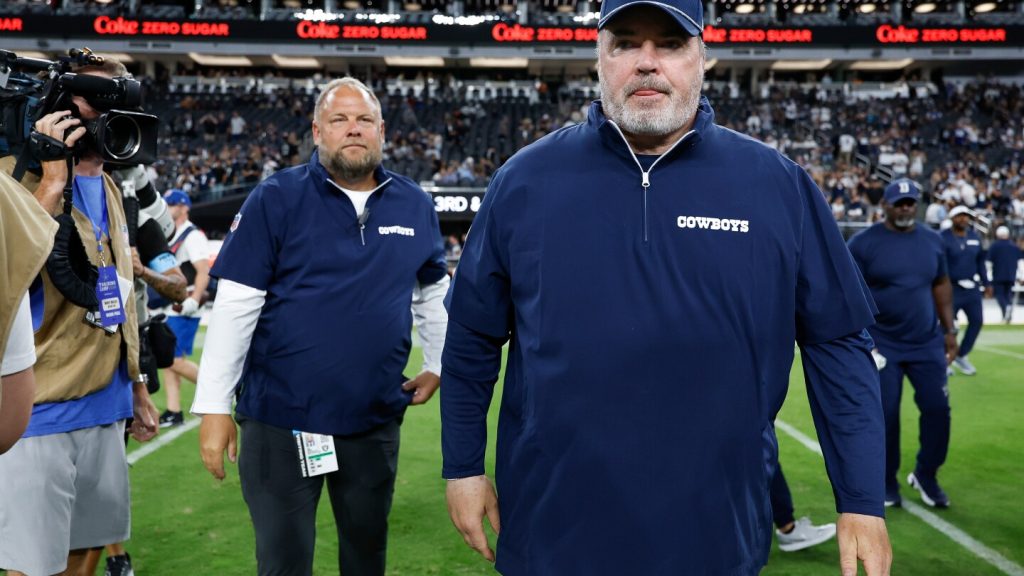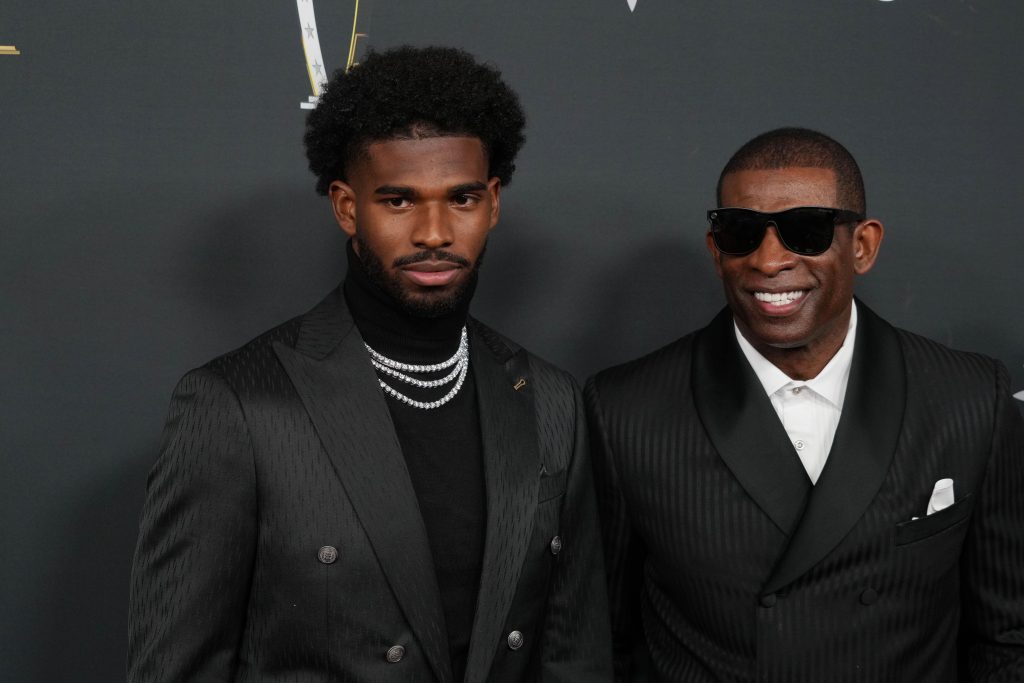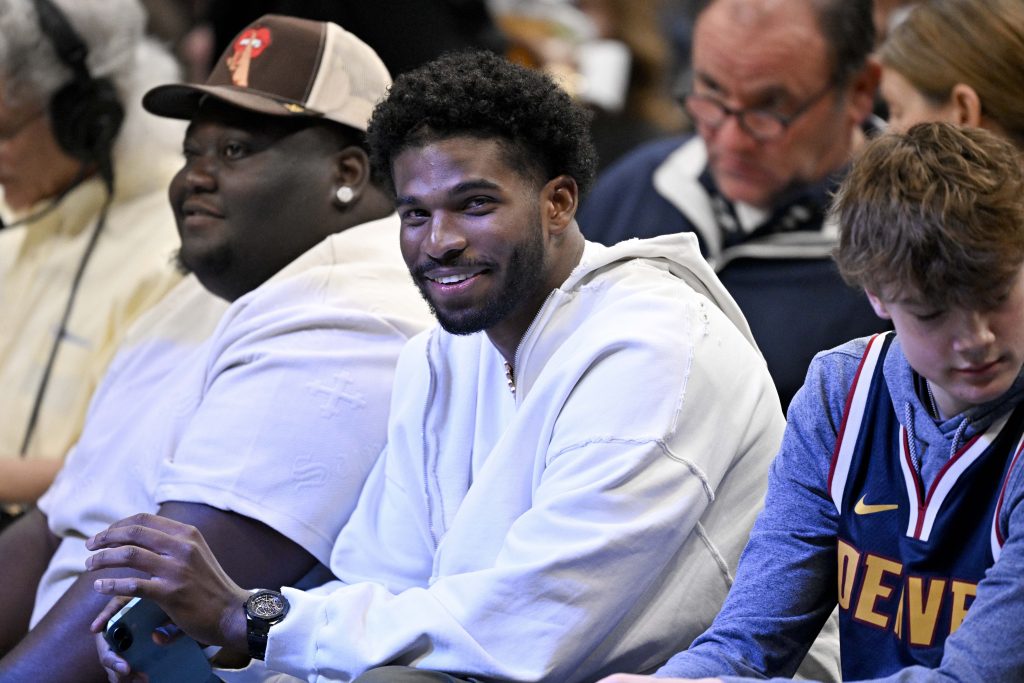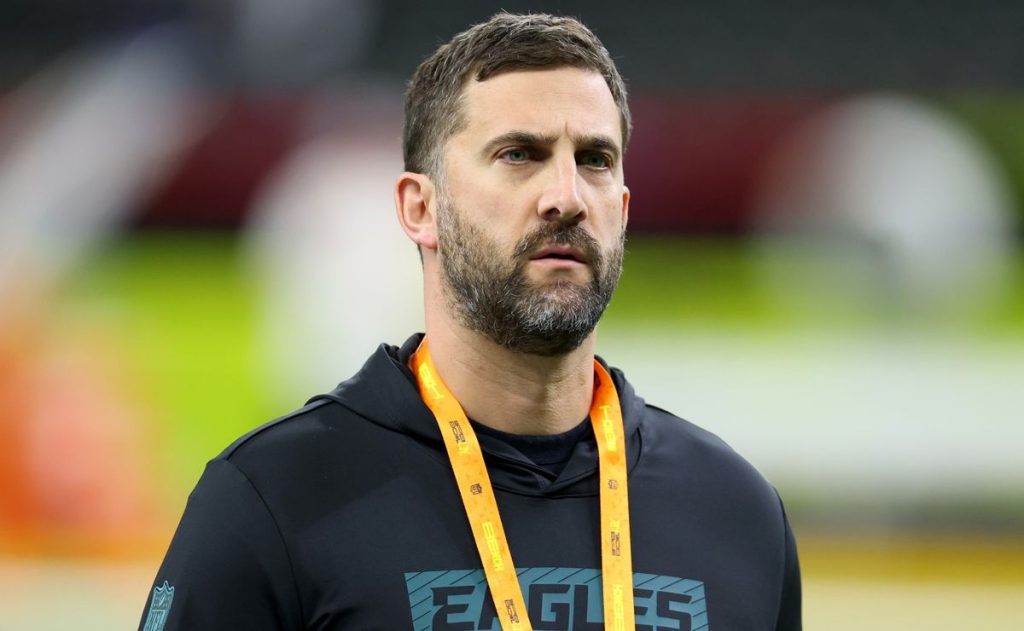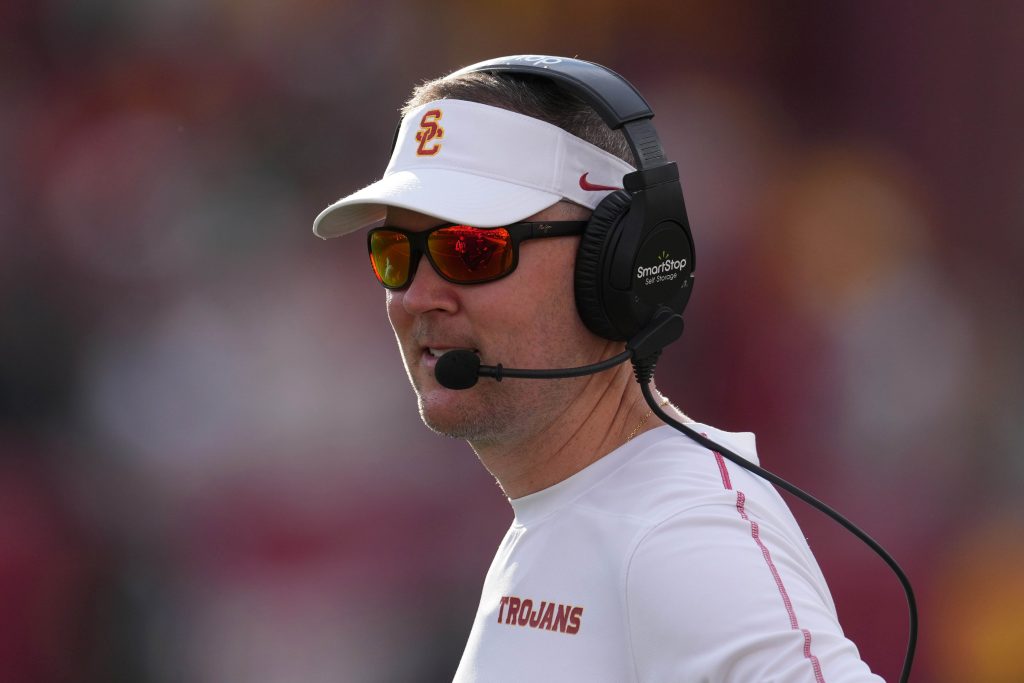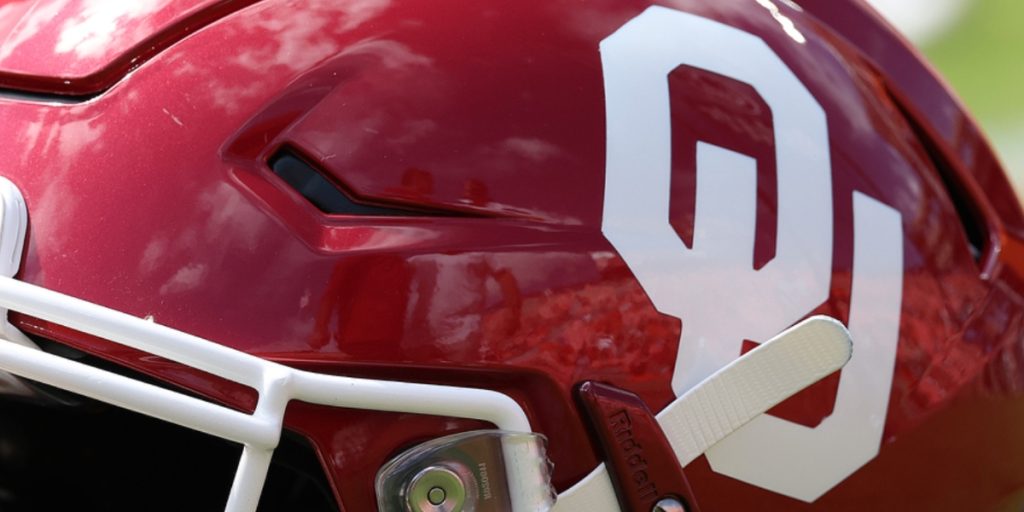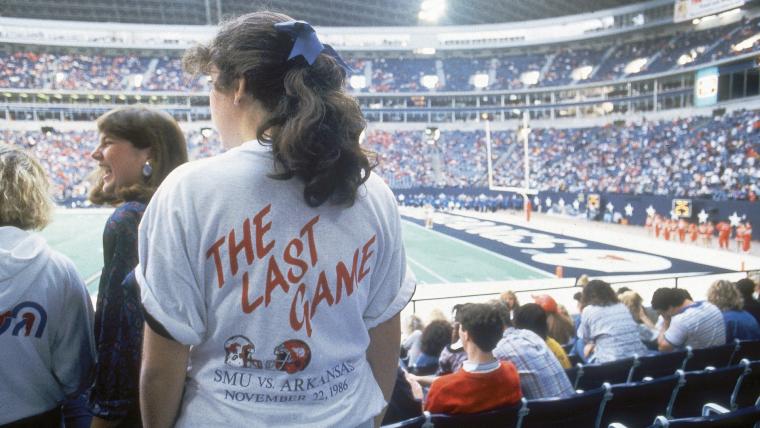Texas Senator Ted Cruz, poised to take the helm of the Senate Commerce Committee, has expressed his strong disapproval of a recent memo from the Department of Education. This memo clarifies that all future revenue-sharing arrangements between schools and student-athletes will now be classified as “financial assistance,” thereby falling under the regulations of Title IX.
Ted Cruz’s Reaction to Title IX Guidance
Cruz didn’t hold back in his criticism. “This is a great idea if (President Joe) Biden’s intent is to kill both men’s and women’s college sports,” he stated. His assertion, shared through Yahoo! Sports, highlights a significant concern: the mandated equal pay across all sports could lead to the demise of many college athletic programs. “Everyone wants to be paid like Michael Jordan, but that’s not the way the world works. I predict this scheme will die on January 20th,” Cruz added, hinting at a possible shift in policy with the upcoming presidential inauguration.
Department of Education Issues Title IX Memo
The U.S. Department of Education’s Office for Civil Rights released a nine-page memo that addresses the intersection of Title IX and NIL rights. This memo clarifies that revenue-sharing payments from schools must adhere to Title IX parameters, which protect students from sex-based discrimination in federally funded institutions. Under this law, schools are required to provide equal treatment and benefits to male and female athletes.
The memo specifically states that if a school provides athletic financial assistance that extends beyond scholarships or grants—such as compensation for the use of a student-athlete’s NIL—this assistance must be proportionately available to both male and female athletes. Schools that fail to comply risk violating Title IX, which could have serious implications for their athletic programs.
Impact on College Athletics
The ramifications of this guidance could be profound. For the 2025-26 academic year, schools are expected to operate under a revenue-sharing cap of $20.5 million, contingent on the approval of the House v. NCAA settlement this spring. Many institutions had initially planned to allocate between $15 to $17 million specifically for football. The Department of Education’s recent memo is likely to disrupt these financial plans, forcing schools to reevaluate how they manage their athletic budgets.
Sources indicate that this guidance will significantly alter how schools approach revenue-sharing payouts. The memo does clarify, however, that compensation provided by third parties to student-athletes does not constitute a Title IX violation. This means that while schools must adhere to Title IX in their own financial assistance, external compensation for NIL rights remains outside this regulatory framework.
NIL Collectives and College Sports
The rise of NIL collectives has transformed the landscape of college athletics, particularly in football and basketball. Since athletes gained the ability to monetize their name, image, and likeness four years ago, these collectives have become essential for recruiting and retaining top talent. They provide financial incentives that can significantly enhance a program’s competitiveness.
With the new Title IX guidelines in place, schools will need to navigate a complex environment where they must balance compliance with federal regulations while also staying competitive in the recruiting game. The challenge lies in ensuring that all athletes receive fair compensation without jeopardizing the financial viability of their programs.
Political Clout and Future Legislation
As the incoming chair of the U.S. Senate Committee on Commerce, Science and Transportation, Cruz is in a position to influence legislation that could reshape the future of college sports. His political clout could lead to significant changes in how NIL rights and revenue-sharing are regulated at the federal level, especially as the conversation around college athletics continues to evolve.
January 20 marks Inauguration Day, when President-elect Donald Trump will take office, supported by a Republican-led Congress. This political shift could lead to a reevaluation of the current Title IX guidelines and potentially roll back some of the regulations imposed by the Biden administration.
As college sports navigate this uncertain terrain, the implications of the Department of Education’s memo will be closely watched. Will it lead to the downfall of certain programs, or will it prompt a necessary reevaluation of how college athletics operate? The future remains to be seen, but one thing is clear: the landscape of college sports is changing, and all eyes will be on how institutions respond to these new challenges.
The ongoing debate surrounding Title IX, NIL rights, and revenue-sharing is emblematic of a larger conversation about equity and fairness in college athletics. As stakeholders from various sides weigh in, the outcome could redefine the very nature of college sports as we know it.

